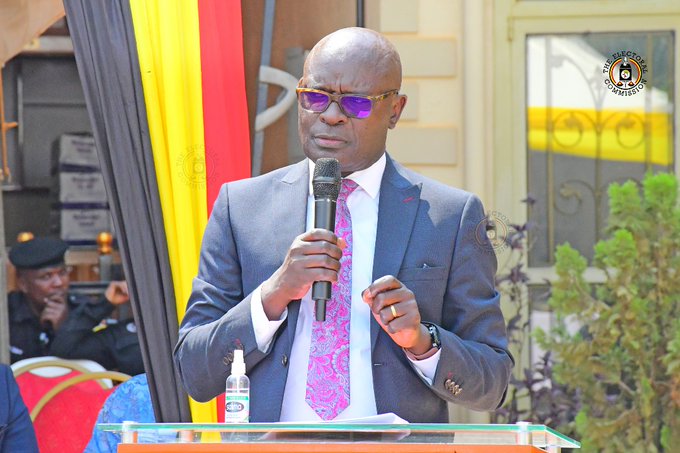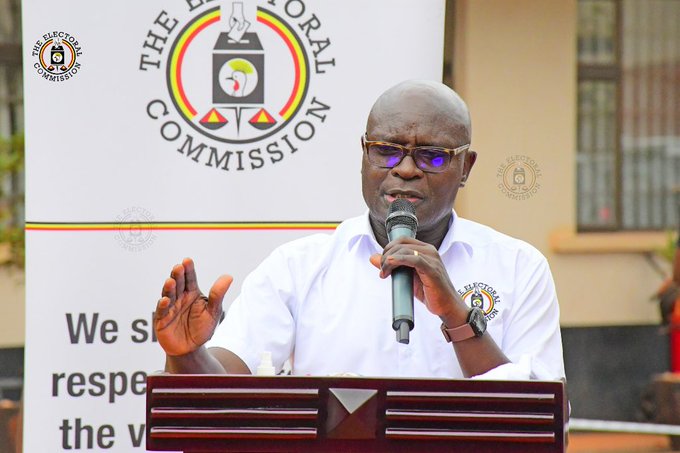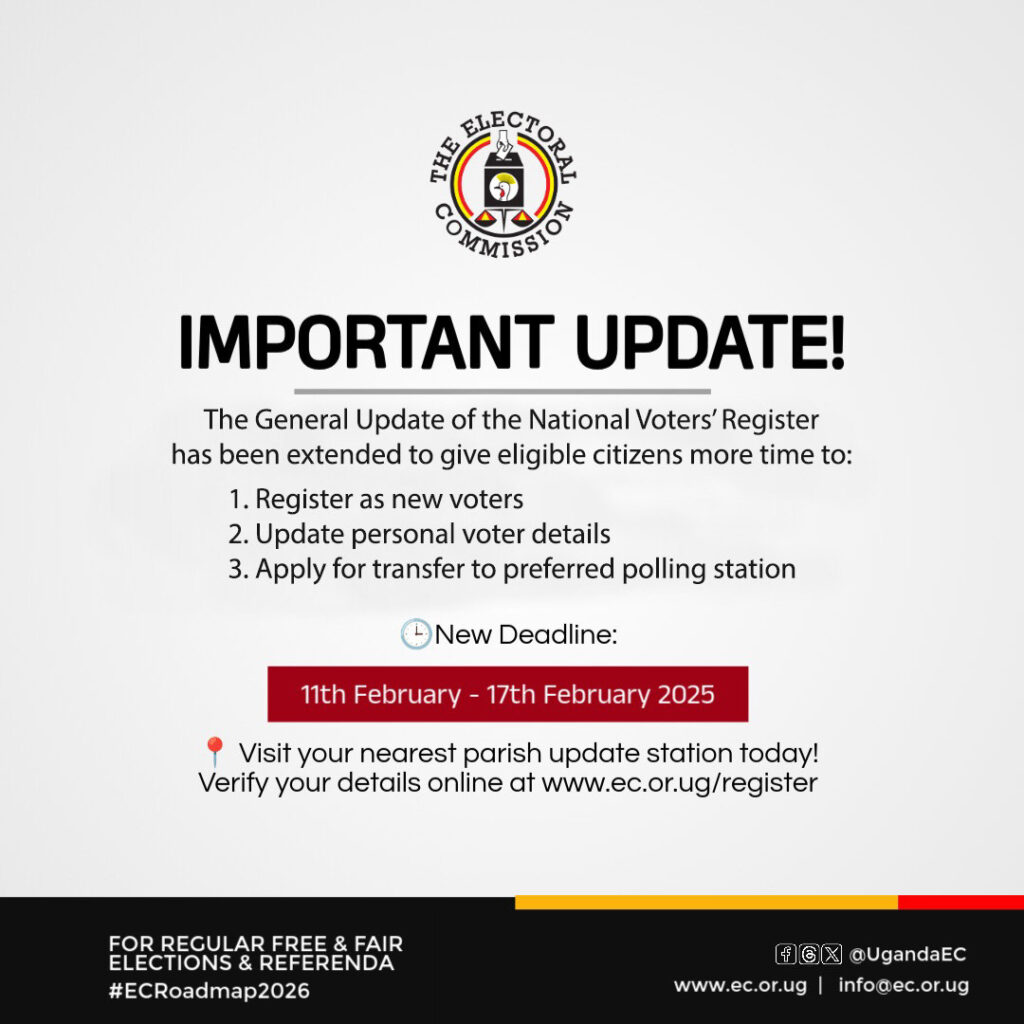Uganda Business and Technical Examinations Board (UBTEB) is contributing to the successful implementation of NDP111 and the NRM Manifesto 2021-2026 through the introduction and successful implementation of modularized assessment.
In 2022 UBTEB, which is mandated to streamline, regulate, coordinate, and conduct credible national examinations and award Certificates and Diplomas in the Business, Technical, and Vocational/ specialized education or training in Uganda rolled out modularized assessments per the BTVET Policy 2019, NRM Manifesto (2021-2026) and NDP III.
According to Onesimus Oyesigye, the UBTEB Executive Secretary, they started with the Uganda Community Polytechnic Certificate and National Certificate programs for Technical and Vocational in the whole country.
“This was intended to enable flexibility in training and assessment of BTVET and as well enhancing opportunities to access BTVET in Uganda,” he said.
According to Oyesigye, under modular assessment, a leaner does modules out of a program of their interest, and on completion of each module, he or she is issued a certificate of competence and this can allow that person to proceed to the world of work in that field where they have been assessed and awarded.
For instance, in a course like Building & Construction, if a learner has completed the Brick Work stage (module) in building a house, he or she is awarded a certificate in brickwork.
If he or she comes back and completes another stage or module like House Finishing, Plumbing, or Roofing, as per the module, he or she is again awarded a certificate in those modules completed.
“If the candidate finishes all the six modules in Building & Construction, he or she can then be awarded a National Certificate in Building & Construction which can be used to get a job, start self-employment, or for academic progression in National Diploma and others,” Oyesigye explained.
Originally, a primary school dropout who would enroll for vocational training had to study for three years before they could qualify for any competence certificate and as well those from senior four were supposed to do two years.
“The UBTEB under modular assessment has registered great success. We have seen more innovations done by students in different modules. We have seen great mastery of skills in specific modules. We have seen more numbers of students enrolling for BTVET since we rolled out modular programs,” Oyesigye revealed.

According to Jalia Nasaza, Manager of Vocational Institutions at UBTEB, previously, the modularized programs were not speaking to what the world of work required, yet the TVET policy 2019, NRM Manifesto, and NDP111 agitated for a demand-driven TVET.
“We looked through our documents and the first question was where do our students go after training? We realized that despite covering a lot of things per the syllabus, they would go and do specific things in the field. So, we got our programs and we tried to align them to the occupations that are occupied by our students when they complete,” she explained.
She went on to further elaborate: “When you look at the course units they were doing, they were not speaking to what they do in the world of work. They were general subjects like plumbing, electrical, fashion and design, technologies and others. Now you ask yourself, in that technology what do people cover? We went and tilled out exactly what these people cover. They are the ones we formed as modules of the different occupations the students are engaged in and also in line with the curriculum. We modularized the assessment by making it talk to what the world of work understands.”
Whereas at first, stakeholders did not understand what modular assessment was all about, she is happy that today, Ugandans are embracing and appreciating it.
“Modular assessment makes employment easy. It enables learners to specialize at an early stage. It has raised interest in BTVET and learners can produce real items. It has made training and passing easier. Learners can now concentrate on one subject and master it. I believe everyone has appreciated it,” she boasts.
She notes that UBTEB has gone ahead to train assessors and as well do capacity building as far as modular assessment is concerned.
She is also pleased that with modularised assessment, the weak linkage of TVET with industry is being addressed.
She opines that modularized assessment has included, integrated, and brought industry nearer as far as assessment is concerned, something that she attributes to teaching and assessing what employers want.
“At UBTEB we have formed TVET assessment working groups which include people from the industry and training institutions. We are also encouraging institutions to bring industry close and to have close relations with them.
We have emphasized industrial training to make sure students get experience once they complete and join the world of work,” she stressed.
According to Herbert Wanda, UBTEB’s Principal Planning, Budgeting, and Investment Officer, 64 percent of the programs assessed by UBTEB have already been modularized.
“Before modular assessment was rolled out, students from not well-off families were not benefiting and this kept off many. But this time it is simple. Enroll for a program, get a certain skill, go and work, get more money, come back and acquire more skills,” Wanda elaborated.
According to Wanda, there is a need for proper implementation of modular assessment which he says is expensive hence calling for more UBTEB funding from the government.
Once funds are sufficient, he says more materials that are required by students similar to those in the real world of work can be obtained.
He also says with the availability of funds, UBTEB can decentralize assessment and training by setting up satellite offices in major four regions of the country fully equipped with staff who can now be close to students in the industry and real-life for proper supervision purposes.















